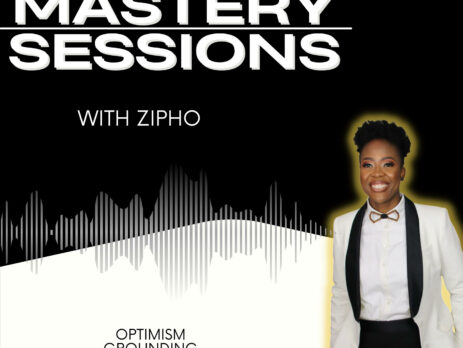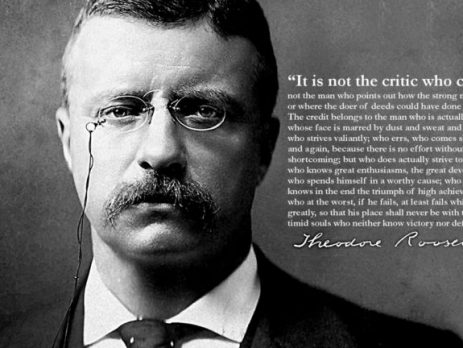The Role of Optimism and Confidence
In this podcast, Zipho will breakdown the importance of confidence and grounded optimism as building blocks for the kind of authentic leadership that will stand the test of time. While these words each have distinct meaning apart from each, if properly understood and applied to one’s mindset, they empower us to show up as our best selves. These 3 words as themes in this podcast will be tackled to show how interconnected and intrinsic they are to authenticity. They are the foundations, the building blocks and everything in between that one needs to successfully navigate the ever evolving era we find ourselves in today.





